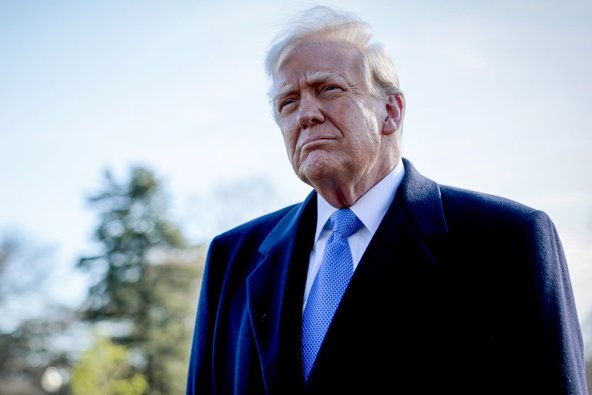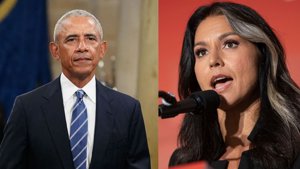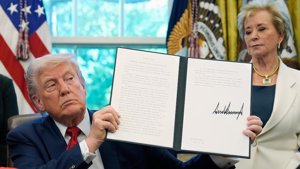
Judges Block Trump Deportations, DOGE Cuts
Seven rulings in one week stall key Trump deportations, funding cuts, and DOGE reforms.
Courts Push Back Against White House Immigration, Budget Actions
A wave of federal court decisions this week marked a significant legal setback for President Donald Trump’s administration, as judges across the country issued rulings blocking deportations, restoring agency funding, and curbing executive authority on multiple fronts.
In Colorado, U.S. District Judge Gordon P. Gallagher issued a temporary restraining order on Wednesday to prevent the deportation of Hayem El Gamal and her five children. The family members of Mohamed Soliman, who is facing hate crime charges related to a recent firebombing attack in Boulder, were found to have overstayed their visas. However, the court granted emergency relief pending a hearing scheduled for June 13, after a friend of El Gamal argued the family had not been given a chance to seek asylum.
On the same day, U.S. District Judge Paula Xinis ruled twice against the administration in the case of Kilmar Armando Abrego Garcia, a Salvadorian national mistakenly deported from Maryland despite Supreme Court instructions. The judge allowed a sanctions motion against federal officials and ordered the unsealing of relevant records, citing possible bad faith conduct by the government.
Another setback occurred Tuesday in Washington state, where a federal judge granted a preliminary injunction blocking the administration’s attempt to withhold approximately $4 billion in transportation funds from Denver and other local governments. The court held that the Trump administration likely overstepped its authority and violated the constitutional separation of powers by attaching “unlawful and politically motivated” conditions to federal grants.
AmeriCorps, Job Corps, and Asylum Seekers Protected by Rulings
In a ruling issued Thursday, U.S. District Judge Deborah Boardman ordered the Trump administration to reinstate millions in funding for AmeriCorps and rehire thousands of employees terminated earlier this year. The decision stated that the Department of Government Efficiency (DOGE) violated federal law by abruptly dismantling the Clinton-era agency without proper congressional approval.
Separately, a federal judge on Wednesday halted plans by the Department of Labor to close 99 Job Corps centers nationwide. The Job Corps program, which serves disadvantaged youth with education and vocational training, had been targeted for closure due to alleged inefficiencies and security issues. The court’s restraining order followed a motion filed by the National Job Corps Association and preserves access for over 25,000 young Americans enrolled in the program.
Meanwhile, in Oregon, U.S. District Judge Amy Baggio barred U.S. Immigration and Customs Enforcement (ICE) from removing a 24-year-old transgender Mexican asylum seeker from a detention facility in Washington state. The judge also demanded a timeline and justification for the arrest, which had occurred outside a Portland courtroom just one day prior.
Another order was issued Thursday in favor of Yunseo Chung, a 21-year-old Columbia University student facing deportation to South Korea for her participation in an anti-Israel protest. Chung sued ICE after agents failed to locate her in March. A federal judge granted a protective order, halting any attempt to detain her. Her attorney hailed the decision as a victory for free speech and legal due process.
The accumulation of rulings prompted White House Press Secretary Karoline Leavitt to denounce what she called a “constitutional crisis” in the judiciary. She claimed liberal district court judges were overreaching to undermine the President’s lawful executive powers. “President Trump had more injunctions in one full month of office in February than Joe Biden had in three years,” Leavitt said, defending the administration’s agenda against mounting legal challenges.
With hearings and further motions pending in several of the cases, legal observers expect continued friction between the executive branch and the courts over the scope of presidential authority on immigration, budget control, and administrative restructuring.






